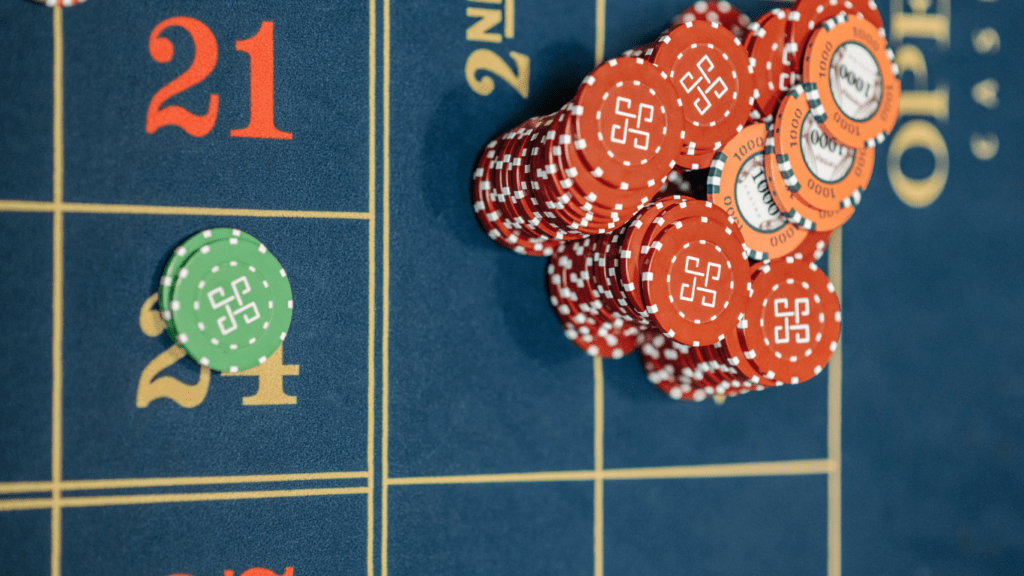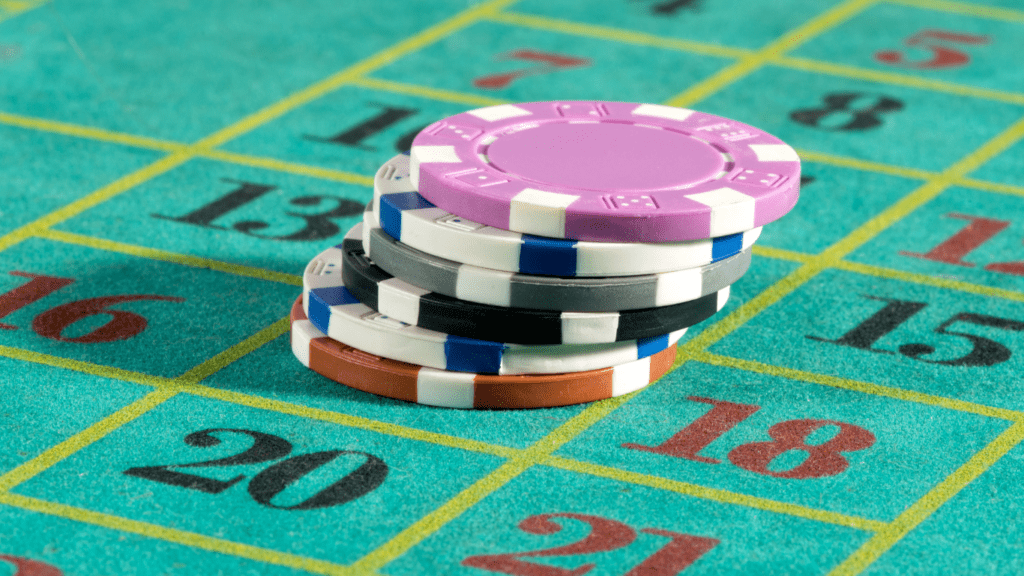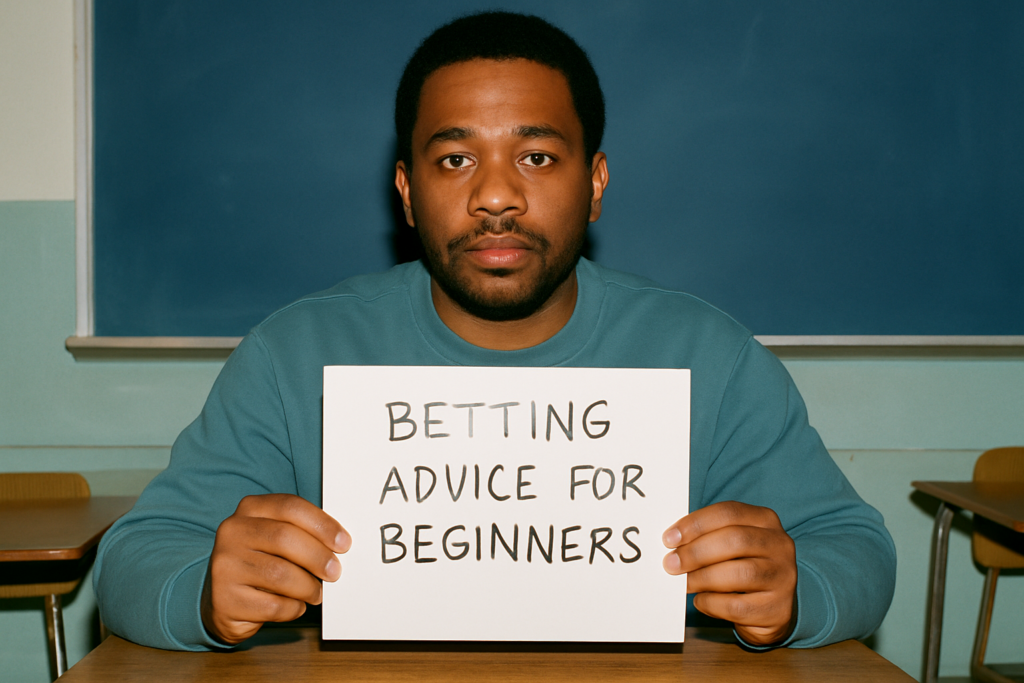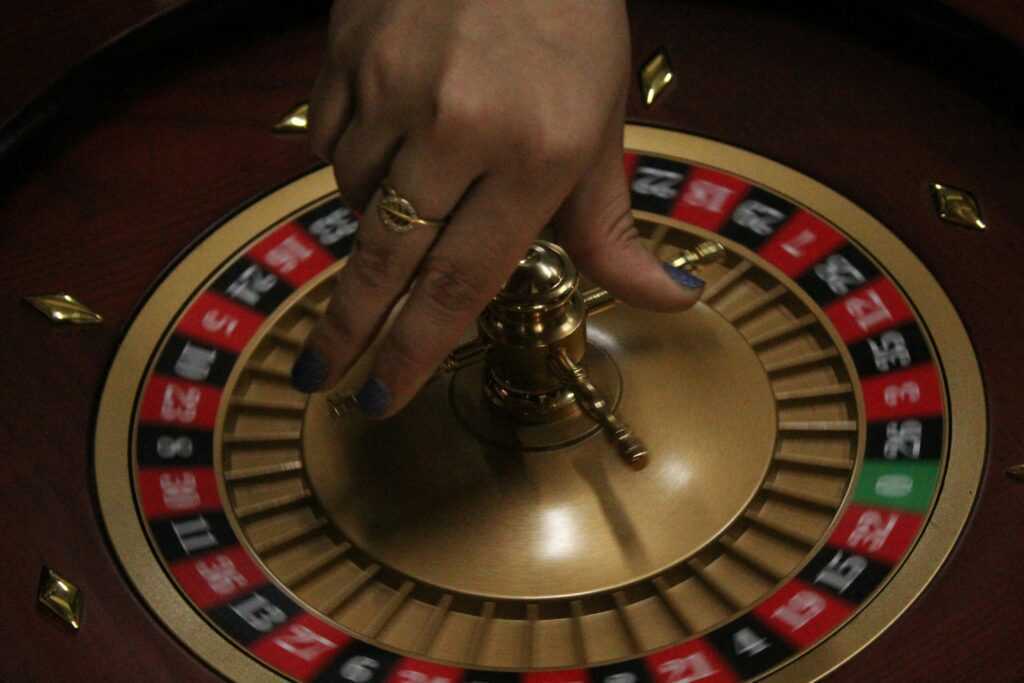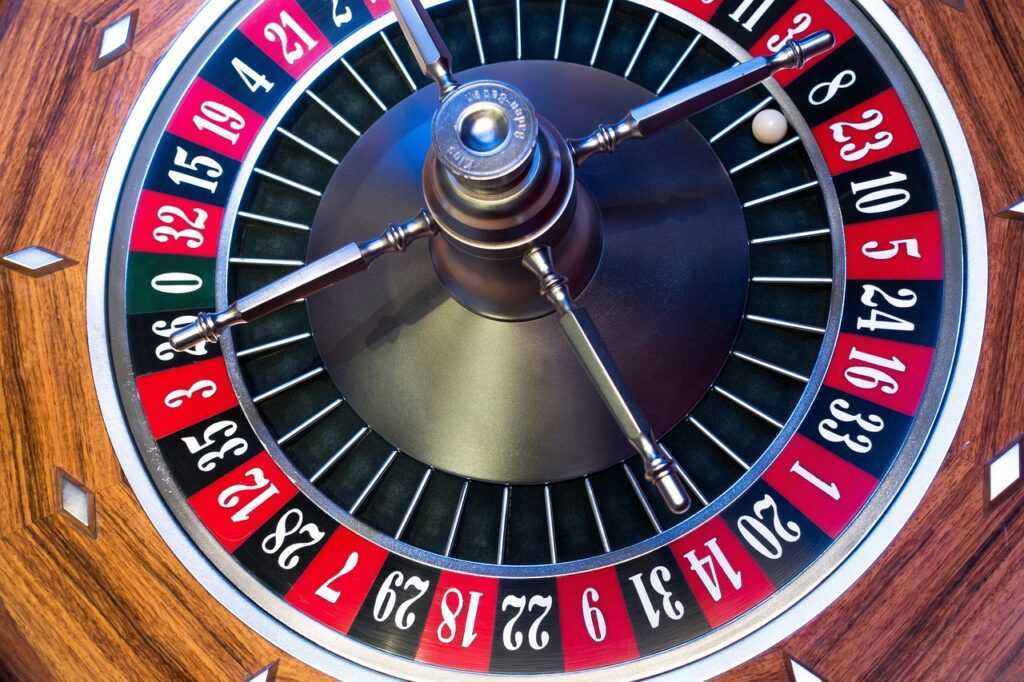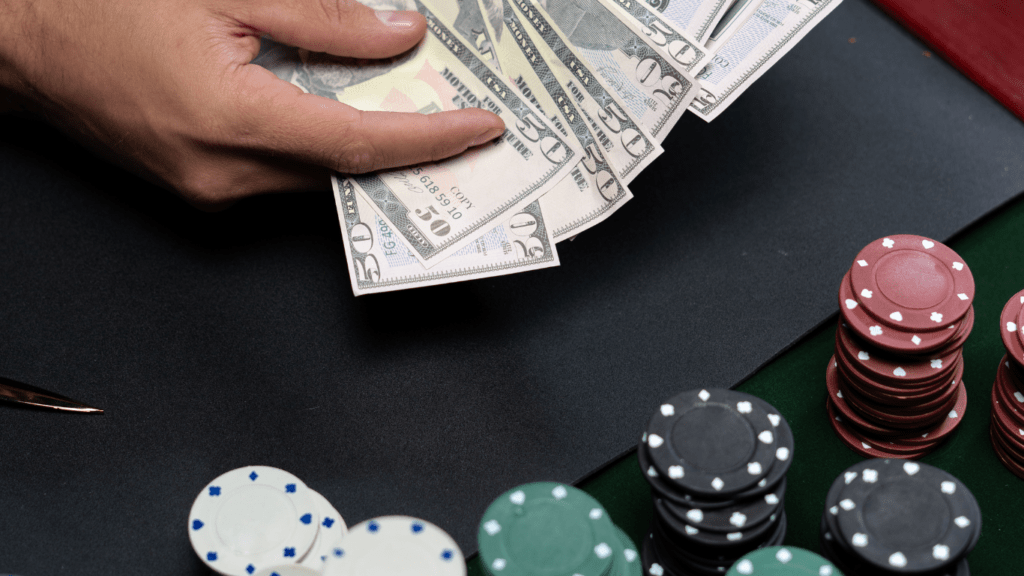Understanding the Basics of a Good Bet
Good bets are grounded in knowledge and analysis. They don’t rely on luck alone. Successful gamblers leverage several factors to identify promising bets.
Analyzing Odds
Odds represent the probability of an event happening. In sports betting, for example, odds show the likelihood of a team winning. Comparing odds from multiple bookmakers can highlight discrepancies and value bets. For example, if one bookmaker offers +150 odds while another offers +130, the higher odds might present a better opportunity.
| Bookmaker | Team A Odds | Team B Odds |
|---|---|---|
| Bookmaker 1 | +150 | -130 |
| Bookmaker 2 | +130 | -110 |
Understanding Value
Value bets occur when the probability of an event is higher than the implied probability suggested by the odds. If you believe a team has a 60% chance of winning, but the odds imply a 50% chance, this represents good value. Always look for bets where the potential payout justifies the risk.
Researching the Market
Good bets require thorough research. In sports betting, consider team form, injuries, and head-to-head statistics. In casinos, understanding game rules and strategies, like blackjack card counting, can increase your chances.
Managing Bankroll
Effective bankroll management prevents significant losses. Experts recommend risking only a small percentage, often 1-2%, of your bankroll on a single bet. This approach minimizes the impact of losing streaks.
Monitoring Line Movements
Line movements reflect how odds change. Sharp bettors, those who are often accurate, cause significant shifts. Observing these movements can offer insights into where smart money is going, guiding your betting strategy.
Using Betting Systems
Betting systems can help structure your bets. Systems like the Kelly Criterion help determine the optimal amount to wager based on perceived value and bankroll size. Following a disciplined system reduces emotional betting.
Good bets aren’t merely about luck. They result from analyzing various factors and using a disciplined approach. This way, you increase your chances of making profitable bets.
The Role of Odds in Determining a Good Bet
Understanding how odds work is crucial for identifying a good bet. Odds represent the probability of an event occurring and the potential payout.
How to Read and Interpret Odds
Reading odds requires grasping their three main formats: decimal, fractional, and moneyline. Decimal odds, common in Europe, show potential return per $1 wagered. For instance, decimal odds of 2.50 mean a $1 bet returns $2.50. Fractional odds, used in the UK, depict potential profit relative to stake. Odds of 5/2 mean a $2 bet yields $5 profit, returning $7 total. Moneyline odds, typical in the US, show profit on a $100 wager. Positive moneyline odds (+150) mean a $100 bet returns $150, while negative odds (-150) indicate a $150 bet returns $100 profit.
Common Mistakes to Avoid with Odds
Avoiding common mistakes with odds maximizes betting success.
- First, don’t misinterpret the odds format; understanding differences prevents incorrect calculations.
- Second, avoid overlooking implied probability, which helps determine bet value. A bet with a 50% implied probability should align with your assessment of event likelihood.
- Third, don’t ignore value bets. Even if odds seem unfavorable, identifying bets with higher implied probability than bookmaker estimates can yield long-term gains.
- Fourth, neglecting to shop around for the best odds can reduce potential payouts. Comparing odds across bookmakers ensures optimal returns on winning bets.
Expert Tips for Spotting a Good Bet

Identifying favorable bets requires more than luck; it involves research, analysis, and strategic management.
Research and Analyze Teams or Players
Thorough research helps determine the potential outcomes of an event. I focus on the current form, historical performance, injury reports, and individual skills of players or teams. For example, analyzing a soccer team’s performance in home and away matches provides insights into their strengths and weaknesses.
Identifying Value Bets
Value bets occur when the odds offered are higher than the actual probability of an event. I calculate the implied probability and compare it to my own assessment. If I determine the bookmaker has underestimated the chance of an outcome, it’s a value bet. For example, if the implied probability of a bet is 40% but my research indicates it’s closer to 50%, I place the bet.
Managing Your Bankroll Effectively
Effective bankroll management safeguards against significant losses. I allocate a specific percentage of my bankroll to each bet, typically between 1% and 5%. For instance, if my bankroll is $1,000, I might bet $20 to $50 per event. Consistent stake sizes help ride out losing streaks without exhausting my funds.
Tools and Resources Recommended by Experts
Gambling experts often rely on various tools and resources to make informed decisions. These tools not only assist in analyzing bets but also help in managing bankroll and identifying value opportunities.
Betting Calculators and Software
Betting calculators and software provide essential calculations and simulations. I use these tools to determine potential returns and assess various bet scenarios. Specific betting calculators like Martingale Calculator and Kelly Criterion Calculator help evaluate strategies and odds. Software options such as Bet Angel and OddsTrader offer sophisticated algorithms that analyze vast datasets, improving accuracy in predictions.
Reputable Betting Websites and Forums
Reputable betting websites and forums offer critical insights and community support. I often visit platforms like Betfair and Pinnacle to access reliable odds and betting markets. Forums, such as Reddit’s r/sportsbook and SBR Forum, provide peer reviews, expert advice, and shared experiences that enhance my betting knowledge. Utilizing these resources helps in staying updated with trends, expert opinions, and market movements.
Common Pitfalls and How to Avoid Them
Avoiding common pitfalls can significantly improve betting outcomes. Recognizing these errors early can save money and enhance decision-making.
Chasing Losses
Chasing losses refers to increasing bet sizes to recover previous losses. This often leads to more significant losses and emotional decision-making. To avoid this, stick to a pre-determined bankroll and betting strategy. If you face a losing streak, take a break and reevaluate.
Ignoring Bankroll Management
Ignoring bankroll management is a quick way to deplete funds. Allocating a specific budget for gambling and not exceeding it ensures sustainability. For example, professional gamblers often risk only 1-2% of their total bankroll per bet. Set a limit and adhere to it.
Betting Without Research
Betting without research is akin to gambling blindly. Successful bettors analyze data, statistics, and trends before placing bets. Use reliable sources, such as sports analytical websites and betting forums, to make informed decisions.
Overconfidence in Favorite Teams
Betting on favorite teams without objective analysis can cloud judgment. Personal attachments can lead to biased bets with poor odds. Always evaluate each team’s performance, injuries, and other influential factors before betting.
Falling for “Sure Bets”
“Sure bets” or guaranteed wins are often misleading. Scammers use these terms to lure bettors into traps. Authentic betting experts understand there’s no such thing as a guaranteed win. Always question sources that promise certainty and stick to data-driven decisions.
Poor Understanding of Odds
A poor understanding of odds can lead to misplaced bets. Bettors must grasp odds formats like decimal, fractional, and moneyline to choose the best bets. Use betting calculators and software to convert and compare odds easily.
Emotional Betting
Emotional betting occurs when decisions are swayed by feelings rather than facts. Avoid placing bets when feeling overly excited or upset. Maintain sobriety and rationality, referring to statistical data for best outcomes.
Spotting and avoiding these pitfalls can enhance betting success. Keeping a level head and sticking to proven strategies makes all the difference.

